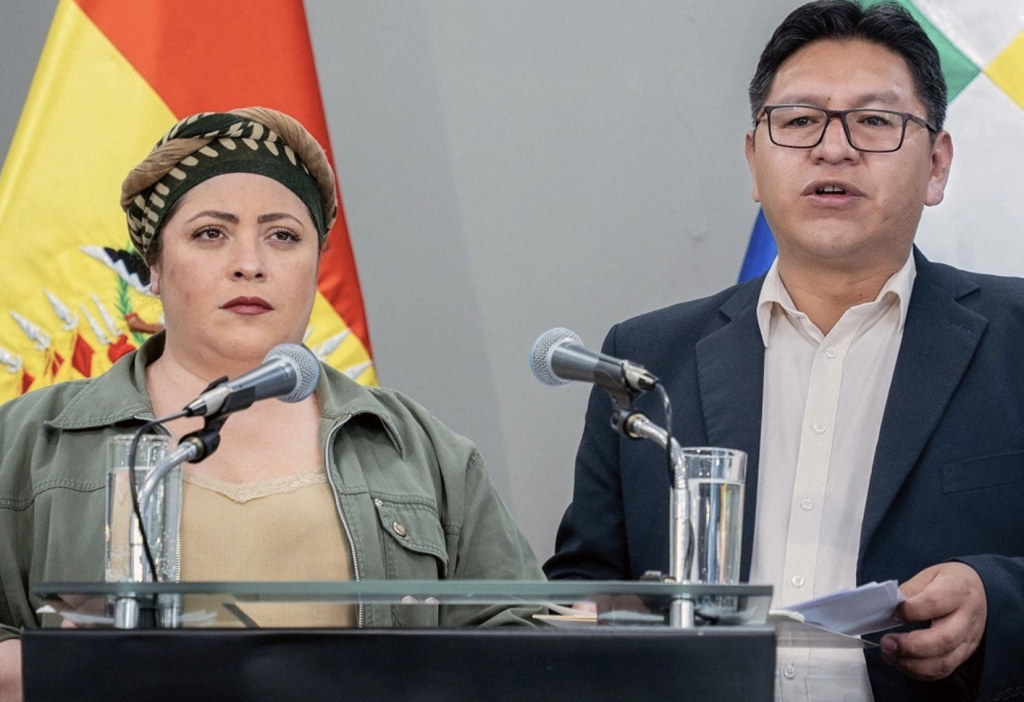
Photo Credit: REUTERS
By: Nicole Vahlkamp, 2L
At least thirty nationals from Latin American countries are unaccounted for as a result of Hamas’s violent attacks inside Israel on October 7, 2023, in which 1400 Israelis were killed and over 240 were taken hostage. As of October 9th, threeBrazilians, and two nationals from Peru, Paraguay, and Mexico, respectively, were reported missing, in addition to 21 Argentine citizens, all of whom are presumed to be hostages taken into Gaza. The number murdered included nine Argentines and twenty-seven American citizens, with another fourteen Americans believed to have been taken hostage.
Hamas, which the U.S. State Department designated a foreign terrorist organization in 1997, has governed Gaza since 2007 when it ousted Palestinian Authority President Mahmoud Abbas and his Fatah party from the strip. A self-proclaimed religious Islamic organization, Hamas opposes Fatah for being too secular and conciliatory towards Israel; Hamas’s charter calls for nothing less than Israel’s complete obliteration. In response to the October 7th attacks, Israel has bombed Northern Gaza extensively and initiated a ground invasion intended to destroy all Hamas operatives and dismantle their underground infrastructure. Israel’s response has killed over 9,000 people, many of whom are women and children, says the Hamas-controlled Health Ministry.
A handful of Latin American countries, all led by leftist governments, have initiated diplomatic moves to protest Israel’s military response in Gaza. In response to what it calls Israel’s “aggressive” military retaliation, Chile and Colombia both recalled their ambassadors to Israel, while Bolivia cut diplomatic ties with Israel entirely. Israel’s Foreign Ministry responded by saying that cutting diplomatic ties with Israel meant “the Bolivian government [was] aligning itself with the Hamas terrorist organization.” Tensions between Bolivia and Israel aren’t new. In 2009, Bolivia severed diplomatic ties with Israel under leftist President Evo Morales who objected to Israel’s retaliatory attacks on Gaza. Bolivian right-wing interim President Jeanine Anez resumed ties with Israel in 2020.
Argentina has also accused Israel of violating international humanitarian law because of its blockade of Gaza and the high number of civilian casualties. Hamas, meanwhile, is certainly in violation of international law, says NATO. A 2019 NATO report, Hybrid Threats: Hamas’ use of human shields in Gaza, found that Hamas has been using civilians as “human shields” since 2007–hiding its rockets, weapons, and military bases inside playgrounds, schools, mosques, and hospitals–in violation of the Geneva Convention. Hamas’s goal is to direct Israel to attack its “civilian objects,” which Article 8 of the Rome Statute of the International Criminal Court explicitly states is a war crime.
Analysts observe that the Latin American governments’ criticisms of Israel aren’t merely about Israel’s military response in Gaza, but are actually a proxy for those governments’ relations with the US. Benjamin Gedan, director of the Latin America Program at the Wilson Center in Washington, D.C., told NPR that, “in many cases, criticism of Israel is a proxy for a worldview that reflexively regards the United States and its allies as bad actors. For U.S. antagonists such as Evo Morales of Bolivia, sympathy for Hamas is the ultimate expression of an ‘enemy of my enemy is my friend’ foreign policy.” And in fact, Bolivia has been opposing the United States for years. In 2020, it voted against an Organization of American States (OAS) resolution, endorsed by the U.S., that condemned what the OAS called “fraudulent” elections in Venezuela in which President Maduro was re-elected.
Interestingly, some of Latin America’s left-leaning governments have been conflicted and even internally divided in their responses to the conflict. The governments of both Brazil and Mexico, for example, tried to take a “symmetrical” approach to the violence—criticizing both Hamas and Israel. But, immediately following their governments’ official responses, the Brazilian and Mexican embassies in Israel expressed regret to Israeli officials that their governments did not issue harsher condemnations of Hamas.
The United States, most of the 22 countries of Central and South America, and the majority of the Caribbean states have expressed support for Israel in its war. The U.S.’s focus now is on ensuring that the conflict doesn’t escalate and encompass others in the region.




